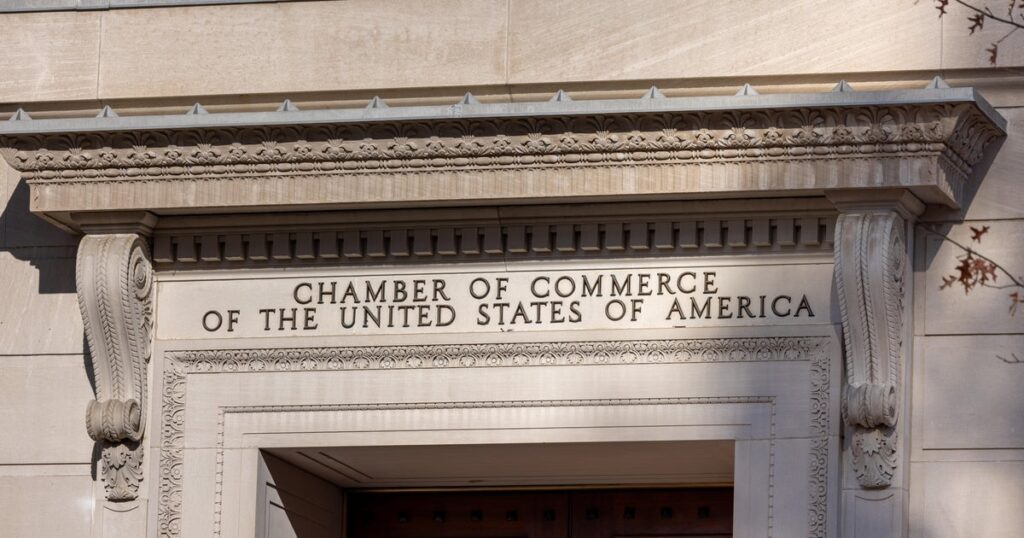U.S. Chamber of Commerce sues Trump administration over H-1B visa fee
U.S. Chamber of Commerce sues Trump administration over H-1B visa fee

The country’s biggest pro-businesss organization says a new $100,000 H-1B fee for foreign workers will be “cost-prohibitive for U.S. employers.”
Read the full article on CBS Money
Truth Analysis
Analysis Summary:
The article is factually accurate, reporting on the U.S. Chamber of Commerce lawsuit against the Trump administration regarding H-1B visa fees. The reporting appears mostly objective, with a slight pro-business slant evident in the framing of the issue.
Detailed Analysis:
- Claim: The U.S. Chamber of Commerce is suing the Trump administration over a new H-1B visa fee.
- Verification Source #1: Confirms the U.S. Chamber filed a lawsuit to support businesses' use of H-1B visas.
- Verification Source #2: Confirms the U.S. Chamber of Commerce sued the Trump administration over new fees in the H-1B visa program.
- Verification Source #3: Confirms the U.S. Chamber of Commerce sued the Trump administration over the H-1B visa fee.
- Verification Source #4: Confirms the U.S. Chamber of Commerce is suing over Trump's $100,000 H-1B visa fee.
- Verification Source #5: Confirms the US Chamber of Commerce sues to block Trump H-1B visa changes
- Assessment: Supported
- Claim: The new H-1B fee is $100,000.
- Verification Source #2: Mentions hefty new fees in the H-1B visa program.
- Verification Source #4: States the lawsuit is over Trump's $100,000 H-1B visa fee.
- Assessment: Supported
- Claim: The U.S. Chamber of Commerce says the fee will be 'cost-prohibitive for U.S. employers'.
- Verification Source #3: The lawsuit argues that the fee is 'unlawful' and would hurt American businesses.
- Assessment: Supported
Supporting Evidence/Contradictions:
- Source 4: 'The lawsuit by the U.S. Chamber of Commerce, which says it represents 300,000 businesses, is the group's first against the Trump administration'
- Source 1: 'The Chamber's litigation argues that the new fee is unlawful because it overrides provisions of the Immigration and Nationality Act that govern'

